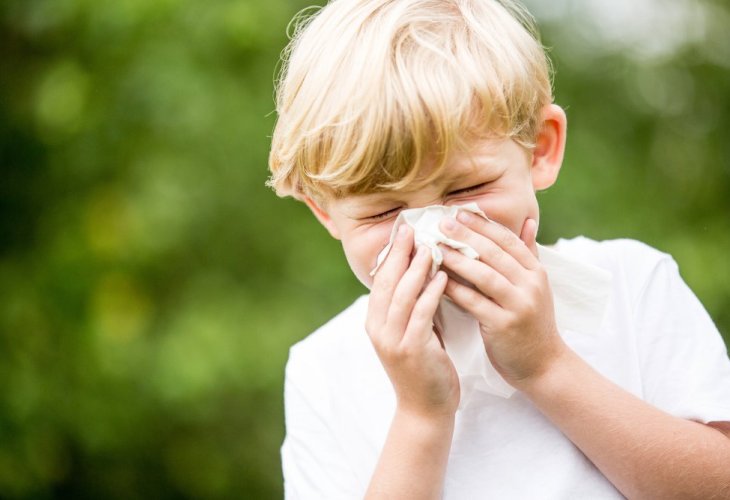Children are Coughing and Congested - When Should You See a Doctor?
Are your children coughing, congested, and weak? Here's how you can help them and when it’s necessary to consult a doctor - Dr. Liora Barzag-Ferro answers.
 Illustration
IllustrationWhenever autumn comes, children start coughing and getting congested. Sometimes it is accompanied by weakness and sometimes even fever. Why does this happen and when should you go to a doctor? Dr. Liora Barzag-Ferro, the health columnist from Walla, explains.
Why does this happen?
To understand what happens to our children in the fall, it's worth understanding how our respiratory pathways work. Our lungs consist of the trachea, from which two bronchi branch off (to the right and left lung) that continue the airway, and these also split into smaller and smaller paths—down to the bronchioles which are the smallest airways. At the end of the bronchioles are the alveoli, where the gas exchange in the lungs occurs.
Although our lungs have multiple defense systems against infectious agents, sometimes an infection can penetrate and cause a localized inflammation. During the fall and winter seasons, there are several viruses that prefer attacking the bronchioles, causing localized inflammation there. During the inflammation, mucus and phlegm accumulate, resulting in blockage of these very small pathways.
Is it contagious?
According to Dr. Liora Barzag-Ferro, bronchiolitis is very contagious and is transmitted through the respiratory secretions of an infected person and will continue to be contagious throughout the illness. The virus released can remain on surfaces and toys for many hours, as well as on our hands for more than half an hour.
Who is at risk of becoming ill?
The main cause of the inflammation is a virus called RSV which affects all ages, but particularly children and infants up to the age of one, and it may even require hospitalizations. In most cases, the virus causes wheezing, coughing, and a cold that lasts about a week. In more severe cases, in premature infants, small babies, and vulnerable populations (chronic heart or lung diseases, children with immune deficiencies), the disease can cause more serious respiratory damage that requires supportive treatment and supervision during hospitalization.
When should you see a doctor?
Most cases of bronchiolitis are not dangerous, but there are several symptoms that necessitate a doctor's examination, such as: significant shortness of breath, labored breathing, bluish skin around the mouth or in the hands and feet, notable weakness, high or prolonged fever, significant lack of appetite, frequent vomiting, suspicion of dehydration, or a dramatic change in behavior.
What will ease our children?
Inhalations with saline can help, as well as clearing nasal secretions to reduce congestion and ease breathing. It's important to ensure adequate hydration to prevent dehydration.
In severe cases, hospitalization may be required for more intensive treatment with oxygen and intravenous fluids and to facilitate easier breathing.

